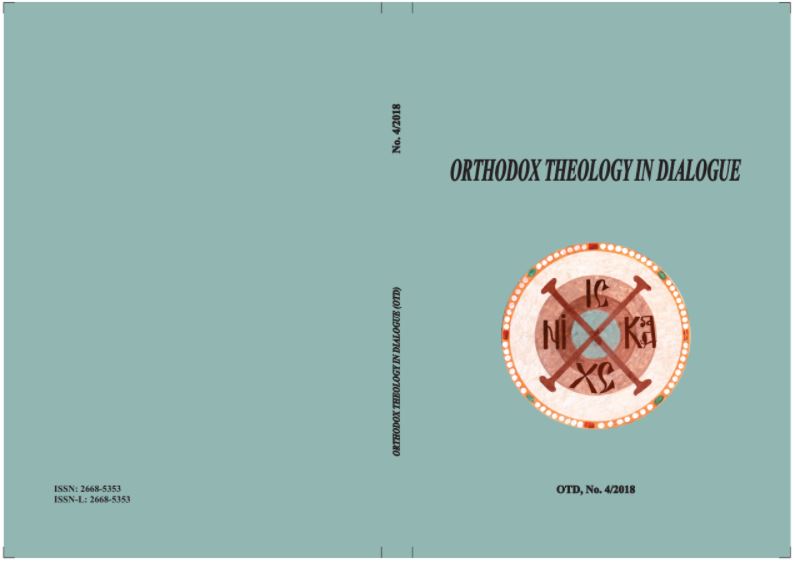BIBLICAL THEOLOGY OF THE EXODUS – HEBREW
PATTERN OF THE GALUT (EXILE) AND GEULAH (SALVATION)
BIBLICAL THEOLOGY OF THE EXODUS – HEBREW
PATTERN OF THE GALUT (EXILE) AND GEULAH (SALVATION)
Author(s): Mihai CiureaSubject(s): Christian Theology and Religion, Theology and Religion
Published by: MITROPOLIA OLTENIEI
Keywords: Exodus; Hebrew; Biblical Theology; Exegesis; Exile; Salvation;
Summary/Abstract: The idea that Jews were waiting for an earthly, political Messiah to free them from the occupation of the Roman Empire and to return the land of Israel to its rightful owners is only partly true. It seems, however, that much of the ancient Jews (unlike, for example, the famous Zealots) were expecting more than a simple “Military Messiah”, namely the restoration of Israel through a “New Exodus”. According to the Old Testament and ancient Jewish traditions, the hope of the people of God was essentially the return of Israel from the Exile, the gathering of heathen nations and the renewal of creation itself; it was the hope that God, through a New Exodus, would once “do all things” (Revelation 21:5). Through the Exodus, the God of Israel proclaimed Himself as the Eternal and Savior of His people. God's purpose in delivering His people is very clear: to serve Him with all that they have, He being the true Emperor, and not the Pharaoh or other elements of this world (Exodus 3:12, 4:23; 5:1, 7:16). Certainly, through this spiritual liberation, the people of God have many economic, material, political, social and psychological benefits, but the most important benefit, guaranteed by God, is the spiritual one. That is why the Exodus offers for the rest of the Biblical narrative a form of language and an image for communicating the message of salvation. The reason for the Exodus was also identified in the biblical account both before the Exodus in Egypt and after this event. The Exodus becomes the pattern of future deliverance, and God's plans of deliverance and salvation are based on the Exodus event in Egypt (e.g. Isaiah 43:18-21). In the New Testament, the Apostle Peter emphasizes a very important thing, namely that the purpose of the “New Exodus” as a grasp of the chains of sin is first and foremost a spiritual one, namely the worship of God: “But ye are a chosen generation, a royal priesthood, an holy nation, a peculiar people; that ye should show forth the praises of him who hath called you out of darkness into his marvelous light; which in time past were not a people, but are now the people of God: which had not obtained mercy, but now have obtained mercy” (1 Peter 2: 9-10).
Journal: ORTHODOX THEOLOGY IN DIALOGUE
- Issue Year: 4/2018
- Issue No: 4
- Page Range: 210-226
- Page Count: 17
- Language: English

